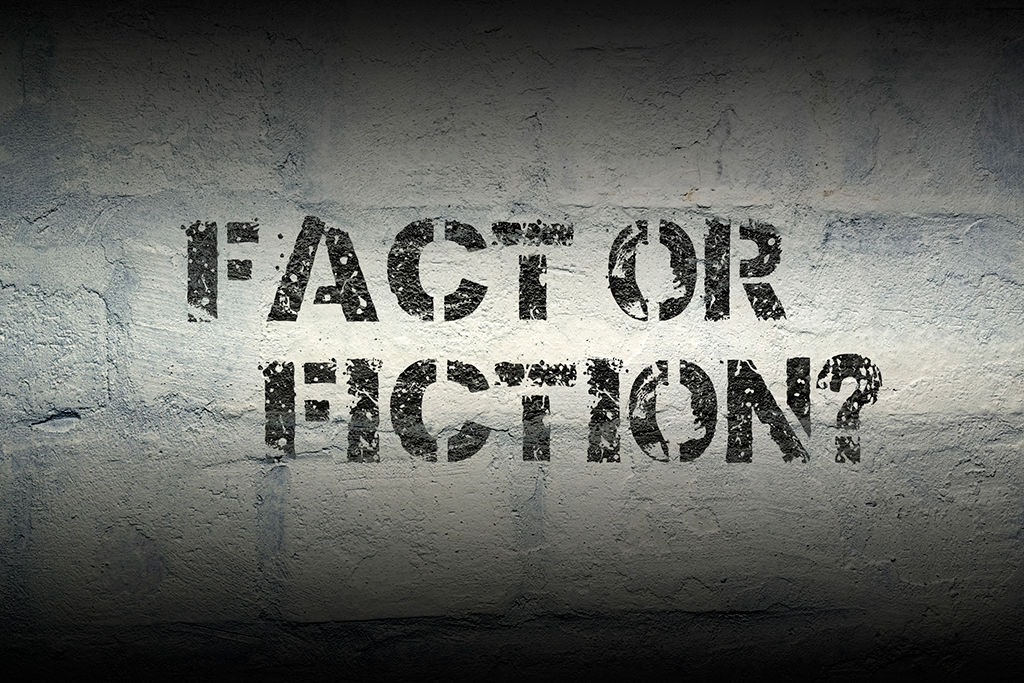
Wisdom Teeth Removal – Fact Versus Fiction | Frisco, TX
Photo By yuriz at istock
Having wisdom teeth removal almost feels like a rite of passage for people in their late teens. From days of eating ice cream to nightmare stories about dry sockets and worse, there are a lot of myths surrounding the wisdom tooth removal procedure. We’re talking today about facts and fiction about having your wisdom teeth removed in Frisco, TX.
If I can’t feel my wisdom teeth, I don’t have to worry about them.
Fiction. Just because you don’t feel your wisdom teeth, or if they don’t hurt right now, it doesn’t mean that these teeth aren’t going to cause you problems down the line and let you know you will need a wisdom teeth removal. For example, you may not feel impacted wisdom teeth right away, but that doesn’t mean that they aren’t causing damage to the surrounding teeth and gums. It’s always best to have regular dental check-ups, including X-rays, so that a dentist can check your wisdom teeth.
Some people don’t have wisdom teeth.
Fact. Only about two-thirds of the population in the country has one or more wisdom teeth. Everyone else is born without these extra chompers! It’s thought that wisdom teeth used to be an evolutionary advantage, replacing teeth that were lost through disease or damage. As dental care has improved, so also has the lifespan of teeth, making wisdom teeth mostly unnecessary.
Having your wisdom teeth removed is painful.
Fiction. With modern dental procedures, including sedation dentistry and other pain-free dental procedures, many people don’t feel much beyond a little bit of pressure when having their wisdom teeth removed. While impacted wisdom teeth or those that are causing problems in your mouth may need the services of an oral surgeon, for the most part, wisdom teeth removal hurts less than a cavity.
Recovery from wisdom teeth removal is long and painful.
Fiction. This doesn’t mean that recovering from oral surgery is a cakewalk, but when you follow the right aftercare instructions from your dentist or oral surgeon, you can be back to work the next day, and resume eating, drinking, and talking normally within a week. The key to a speedy recovery from wisdom teeth removal is protecting the blood clot that’s formed after the extraction. When a tooth is removed, your body forms a clot of blood that acts as a protective layer, guarding the extraction site against bacteria and food debris that can cause infection. Without the blood clot, you may experience “dry sockets”, which are painful or even have an infection. But, if you avoid drinking through a straw, smoking, or drinking alcohol, plus make sure to eat soft foods and avoid damaging the clot, then your recovery should be fairly pain-free and simple.
Nine out of ten people have at least one impacted wisdom tooth.
Fact. Many people have jaws that are simply too small to allow the presence of extra molars. Therefore, the teeth are impacted in the jawbone itself, causing pain and progressive damage to the other teeth in your mouth.
Not everyone needs wisdom teeth removed.
Fact. If there is enough room for an extra molar in your mouth, then your dentist may opt to not take out the wisdom teeth. Or, maybe you lost one of your molars, and in this case, having the wisdom tooth is a blessing!
Wisdom teeth can be found early by your dentist.
Fact. Regular dental exams include X-rays, which not only spot potential cavities and decay, but also whether you have wisdom teeth, and the condition and placement of these teeth. With annual X-rays, your dentist will be able to track the development of wisdom teeth (if you’re one of the 65% of people who have them) and determine whether these teeth will cause crowding and problems.
It’s best to have wisdom teeth removal in the summertime.
This is a little bit of both fact and fiction. Wisdom teeth often start emerging in your late teens. Because many people are out of school in the summer, it’s often easier for them to have the wisdom teeth removal procedure in the summer,r so that they don’t miss classes. Other than this, there is no difference in recovery time or difficulty of the procedure if you have it done in winter, spring, summer, or fall.
You can’t eat after wisdom teeth removal.
Fiction. While you can’t go back to eating normally right afterward, you can eat! Your dentist will probably recommend soft foods, and ones that aren’t prepared at very hot or very cold temperatures, such as soups, smoothies, applesauce, ice cream (yes! Ice cream!), and mashed potations. You’ll also be advised to steer clear of crunchy or chewy foods, or things that are overly salty or spicy. Plus, drinking through a straw will cause suction that dislodges a blood clot, and therefore isn’t recommended.
Not having wisdom teeth extracted can lead to gingivitis.
Fact. Because of their location in your mouth, even if you keep your wisdom teeth, they’re very hard to clean properly. This means that many people may not be able to remove the food debris and bacteria in these areas, and may develop gum disease and gingivitis.
Wisdom teeth will grow back once they’re removed.
Fiction. Unfortunately, your adult teeth won’t be replaced if they’re lost through a dental procedure, damage, or decay. This is why good oral hygiene is so important, and why if you lose a tooth, having the right replacement for it, such as a dental implant, is so important.
Wisdom Teeth Removal in Frisco, TX
If you or your child has wisdom teeth, removing them is often advised. At NextGen OMS, we specialize in oral surgery and dental extractions, and we use leading-edge technology and best practices to ensure that our patients experience little pain and swift recovery. Trust our experienced, bard-certified team to remove one or more wisdom teeth, and take care of any other oral surgery needs you have, including dental implants and tooth replacement. Give us a call today or visit us online to schedule your consultation today!


